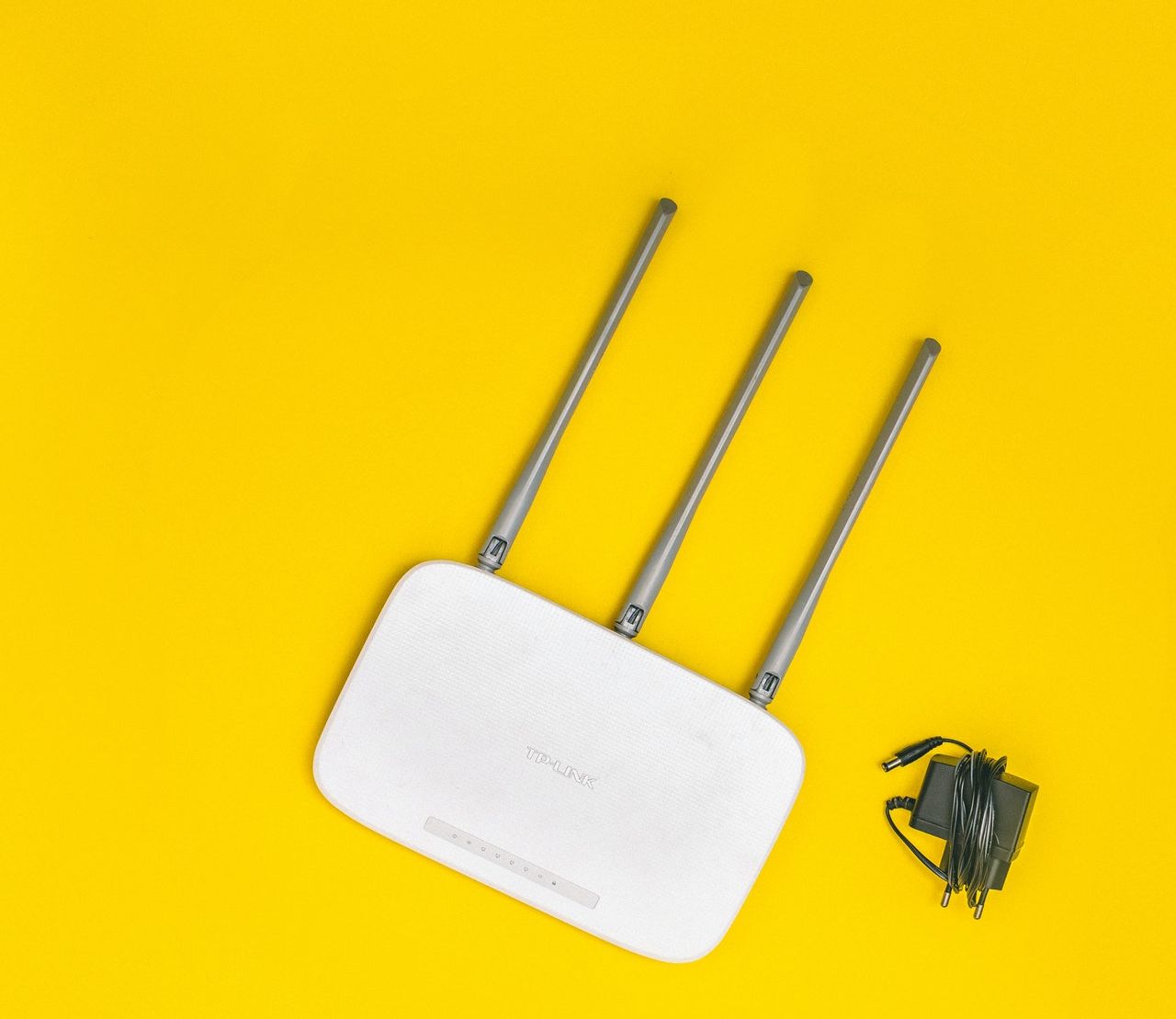
You can be tracked via your Wi-Fi or Ethernet MAC address
The MAC address is a unique identifier tied to your physical Network Interface (Wired Ethernet or Wi-Fi) and could of course be used to track you if it is not randomized. As it was the case with the IMEI, manufacturers of computers and network cards usually keep logs of their sales (usually including things like serial number, IMEI, Mac Addresses, …) and it is possible again for them to track where and when the computer with the MAC address in question was sold and to whom. Even if you bought it with cash in a supermarket, the supermarket might still have CCTV (or a CCTV just outside that shop) and again the time/date of sale could be used to find out who was there using the Mobile Provider antenna logs at that time (IMEI/IMSI).
Operating Systems makers (Google/Microsoft/Apple) will also keep logs of devices and their MAC addresses in their logs for device identification (Find my device type services for example). Apple can tell that the MacBook with this specific MAC address was tied to a specific Apple Account before. Maybe yours before you decided to use the MacBook for sensitive activities. Maybe to a different user who sold it to you but remembers your e-mail/number from when the sale happened.
Your home router/Wi-Fi access point keeps logs of devices that are registered on the Wi-Fi, and these can be accessed too to find out who has been using your Wi-Fi. Sometimes this can be done remotely (and silently) by the ISP depending on if that router/Wi-Fi access point is being “managed” remotely by the ISP (which is often the case when they provide the router to their customers).
Some commercial devices will keep a record of MAC addresses roaming around for various purposes such as road congestion.
So, it is important again not to bring your phone along when/where you conduct sensitive activities. If you use your own laptop, then it is crucial to hide that MAC address (and Bluetooth address) anywhere you use it and be extra careful not to leak any information. Thankfully many recent OSes now feature or allow the possibility to randomize MAC addresses (Android, IOS, Linux, and Windows 10) with the notable exception of macOS which does not support this feature even in its latest Big Sur version.
See: Warning about Smartphone Devices
Source: The Hitchhiker’s Guide to Online Anonymity, written by AnonyPla © CC BY-NC 4.0
